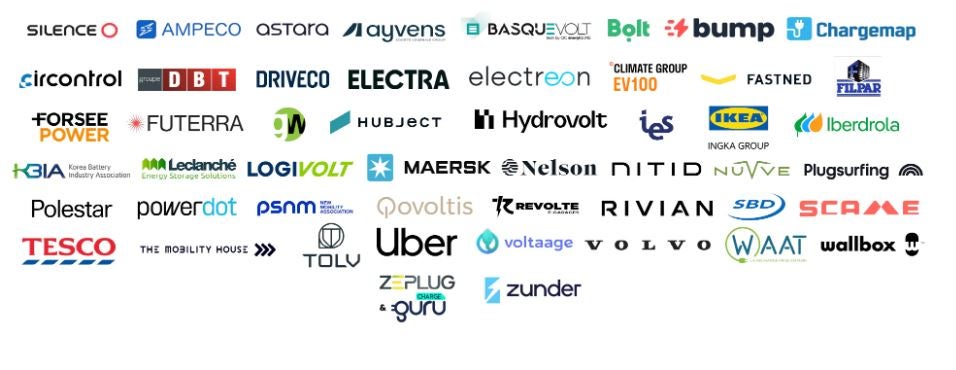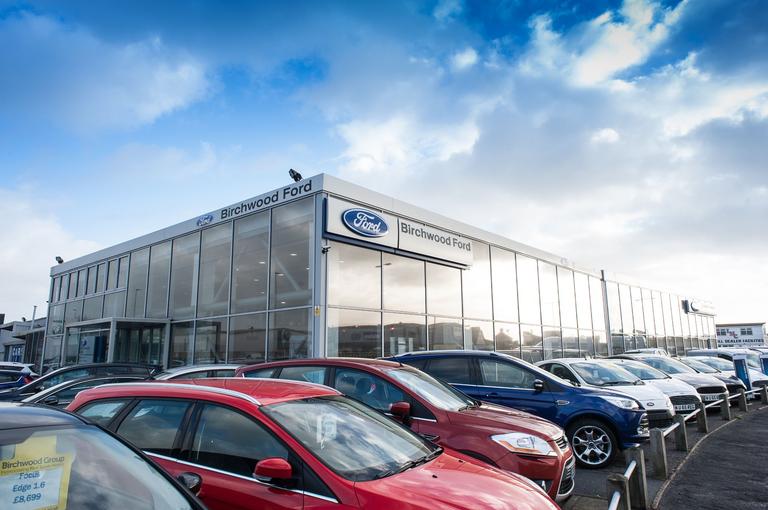
A coalition of 50 companies and organisations, including automakers, battery manufacturers, and financial services providers, has voiced opposition to any revision of the European Union’s CO2 emission standards for cars and vans.
These standards include a 2035 ban on the sale of internal combustion engine (ICE) light vehicles. The group’s stance contrasts sharply with that of the European Automobile Manufacturers Association (Acea), which recently called for a softening of the regulations.
The coalition, operating under the name Industry for 2035, argues that the 2035 target offers vital clarity and investment security for the future of Europe’s automotive sector. “The 2035 target gives a clear direction that will allow businesses, alongside all stakeholders, to focus on delivering the transformation required,” said representatives of the group. They urged decision-makers to maintain the current trajectory and avoid reopening the legislation during the scheduled review in 2026.
The coalition emphasised that the ban on ICE vehicles had received democratic approval from EU governments and Members of the European Parliament (MEPs) in March 2023.
Instead of revisiting the legislation, they advocated for focusing on its implementation, including policies to support local battery production, charging infrastructure, corporate fleet electrification, and workforce reskilling for the electric vehicle (EV) transition.
Among the signatories, only one legacy automaker — Volvo Cars — is part of the group. Volvo, backed by its major shareholder, China’s Geely, has been a leader in electrification.
How well do you really know your competitors?
Access the most comprehensive Company Profiles on the market, powered by GlobalData. Save hours of research. Gain competitive edge.

Thank you!
Your download email will arrive shortly
Not ready to buy yet? Download a free sample
We are confident about the unique quality of our Company Profiles. However, we want you to make the most beneficial decision for your business, so we offer a free sample that you can download by submitting the below form
By GlobalDataEurope’s largest leasing company, Ayvens, is among the signatories, along with retailer Tesco and Ingka, IKEA’s largest franchisee. Uber has also signed the declaration.
Tim Albertsen, CEO of Ayvens: “We are committed to sustainable mobility, which we would like to accelerate. Such acceleration can only come to full fruition if all enabling conditions are in place. This includes a stable, consistent and supportive regulatory environment. The 2035 ICE Ban sets a clear horizon which is a crucial element for any acceleration.”
Although Stellantis, another major automaker, has rejected Acea’s stance, it has not joined the Industry for 2035 initiative.
Volvo CEO Jim Rowan stressed that electrification is the most significant step the industry can take to reduce its carbon footprint and called for EU policymakers to remain focused on achieving the 2035 target.
Other signatories include EV manufacturers Polestar and Rivian, both of which have committed to the initiative. Michael Lohscheller, CEO of Polestar, emphasised the importance of investment in innovation and infrastructure, stating that “electric vehicles are the only credible, scalable solution” for achieving carbon neutrality in the sector. Alan Hoffman, Rivian’s chief policy officer, also highlighted the importance of maintaining regulatory certainty for long-term investment in the industry.
The charging infrastructure sector has a particularly large representation in the group, with 23 companies involved. These firms are heavily reliant on the accelerated adoption of EVs, which would be at risk if the CO2 targets are diluted. Charging firm Ampeco’s CEO, Orlin Radev, called the EU’s 2035 ambitions “a catalyst for innovation and economic growth.” Aurelien de Meaux, co-founder of Electra, pointed out that charging infrastructure investments are based on the stability of long-term targets set in 2014 and 2019, and any changes could undermine these plans.
Industry leaders from the charging sector stressed that retaining the 2035 zero-emission target is not only critical for environmental sustainability but also for Europe’s competitive standing in the global automotive industry.
Alex Keynes, Cars Policy Manager at Transport & Environment, said: “Changing the 2035 target would mean tearing up the map that businesses have based their investments on. Instead, let’s support the transition with a green automotive plan that focuses on a speedier charging ramp-up and boosting demand through faster fleet electrification. There also needs to be support for local, clean battery manufacturing.”
Populist surge in European elections puts 2035 petrol car ban in doubt







